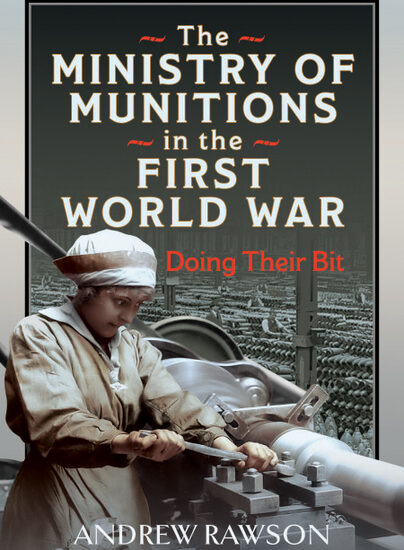Author Guest Post: Jaap Jan Brouwer
THE GERMAN WAY OF WAR. A LESSON IN TACTICAL MANAGEMENT
Rommel on leadership
The German Army lost two consecutive wars and the conclusion is often drawn that it simply wasn’t able to cope with its opponents. This image is constantly reinforced in literature and in the media, where seemingly brainless operating German units led by fanatical officers predominate. Nothing was as far from the truth. The records show that the Germans consistently outfought the far more numerous Allied armies that eventually defeated them: their relative battlefield performance was at least 1.5 and in most cases 3 times as high as that of its opponents. The central question in this book is why the German Army had a so much higher relative battlefield performance than the opposition. A central element within the Prussian/German Army is Auftragstaktik, a tactical management concept that dates from the middle of the nineteenth century and is still very advanced in terms of management and organisation. In this series of blogs we will have a closer look at the key elements of Auftragstaktik and cases that will illustrate the effects of these elements in the reality of the battlefield. In this part of the series we focus on Rommel as an example of German leadership.
Rommel was a typical exponent of the German officer corps, a general with specific views on command and leadership style from which contemporary managers can still learn a lot. His daily letters to his wife, Lucie, sometimes read like a management manual, particularly his view that the commander should not limit himself to planning and staff matters at a distance, but should show himself at the front. He gave his reasons for this as follows:
- “The correct execution of the commander’s plan by his subordinates is of great importance. It is naive to suppose that every officer will understand the meaning of his specific assignment within the larger whole.
- Most subordinates will try to choose the easiest way: an excuse will quickly be found as to why predetermined goals cannot be achieved. The fact that a subordinate realises his commander is present at the front helps prevent him dropping out quickly. The commander must be the driving force on the battlefield. The troops must realise that he is the one in control.
- The commander must strive to ensure that his troops are always aware of the latest developments in the field of tactics and their practical application on the battlefield. Junior officers must be taught to respond quickly and adequately to sudden events. A commander must ensure that his troops receive proper training, because that avoids unnecessary casualties.
- It is also important that the commander knows what is happening at the front and what problems his men face. He must keep this knowledge up to date, because otherwise he leads purely from theory and with a limited knowledge of reality, as if war were a game of chess. In other words, a true leader is someone who continually tests his own views and ideas against the circumstances in which his troops find themselves, instead of going into battle with a fixed framework and rigid rules.
- The commander must remain in contact with his troops. He must know their feelings and think like them. The soldier must have confidence in him. There is an absolute principle here: one must always be sincere to the men and never try to fool them for whatever reason. The soldier has an excellent nose for what is truth or a false representation of reality.”
Another important requirement for officers was that they should be present on the front line in order to personally evaluate the battlefield and enemy positions. This had a beneficial effect on soldiers’ morale, but led to relatively heavy losses of officers in combat. In Rommel’s words:
“There is always a time when the commander should not be with his staff, but with his men up front at the front. It is incorrect to assume that the morale of the troops is solely the responsibility of the battalion commander. The higher the rank, the better the example. The men generally do not care for a commander who is safe in his headquarters far behind the front. They need his physical presence. In times of panic, fatigue, disorganisation or when extra efforts are required, the personal example of the commander can do wonders, certainly when there is already myth forming around his person.“
The latter was, of course, true of Rommel, and the myth was so great that Churchill in 1942 forbade his name from being used.
This relationship between officers, NCOs and their men was noted and recorded by the Allies during interviews with German prisoners of war: ‘Almost all non-commissioned officers and officers at the level of the company during the campaign in Western Europe were considered brave, efficient and compassionate by the German soldier’. A better compliment is scarcely conceivable.

The German Way of War is out now.

